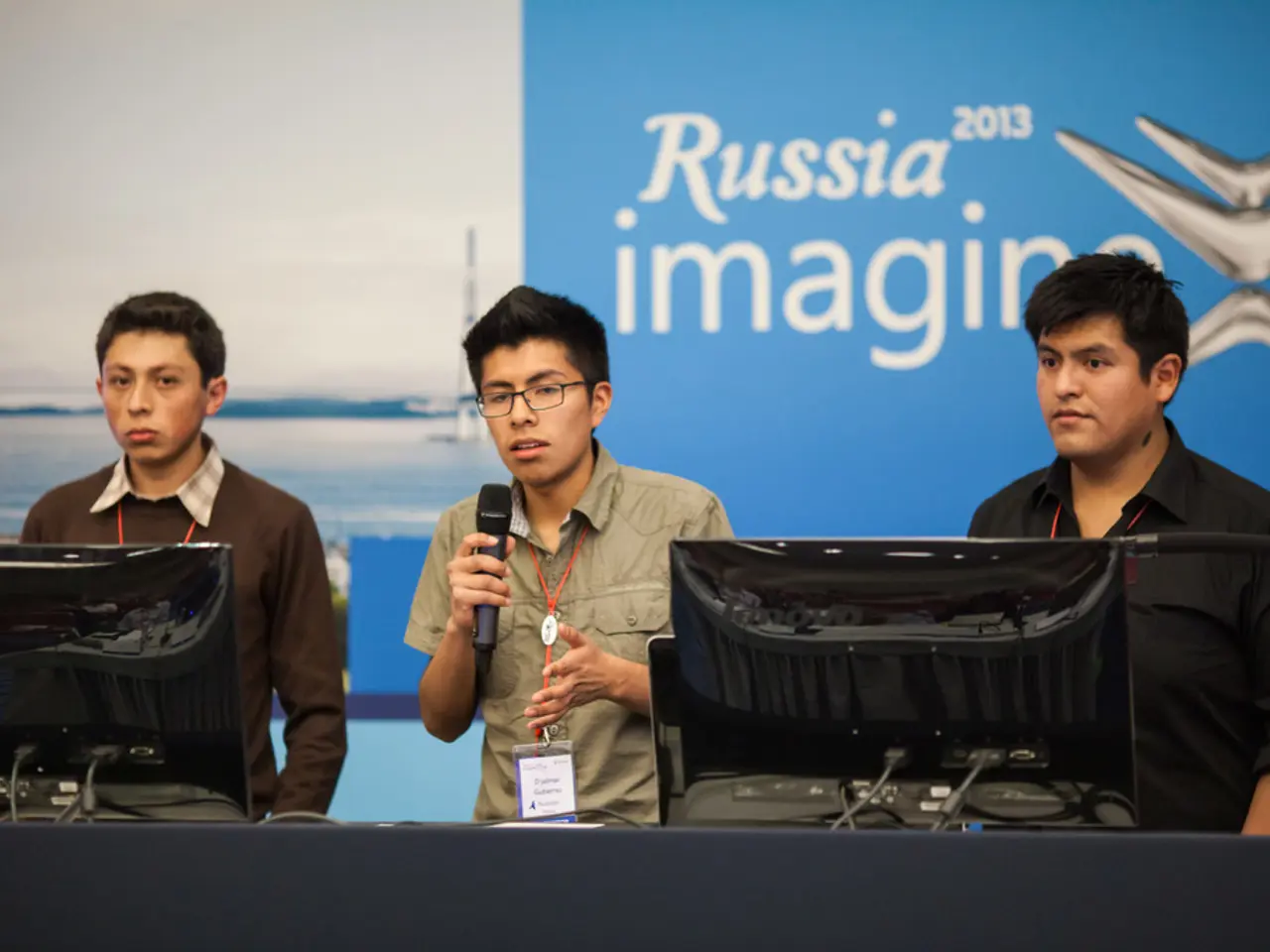Finland Steps Back from Antipersonnel Mine Ban, Citing Russia as Threat
Finland abandons commitments to antimining accords
In an unexpected move, Finland has decided to exit the Ottawa Convention on the prohibition of antipersonnel mines, joining countries like Russia, China, and India in not adhering to the treaty. This decision comes following the escalating security threats from its eastern neighbor, Russia.
The Finnish Parliament, in a solid majority vote of 157 to 18, stamped approval for Finland's exit from the treaty. The Finnish government had announced its intentions to withdraw from the treaty back in April, with the support of the parliamentary foreign affairs committee. Once a corresponding notification is sent to the United Nations, the exit will become effective six months later.
The Finnish military argues that the need for antipersonnel mines is crucial for defending the country and its 1,340-kilometer long border with Russia. The treaty, signed in 1999 and ratified by Finland in 2012, prohibits the use, production, storage, transfer, and disposal of antipersonnel mines.
Finland, previously unaffiliated with NATO, made headlines in 2022 when it, along with Sweden, announced its intention to join the alliance due to Russia's full-scale invasion of Ukraine. Both countries were admitted into NATO in April 2023, with Sweden following suit a year later.
Political Ramifications & Regional Tensions
Finland's decision to withdraw from the Ottawa Convention risks exacerbating tensions with Russia, given Russia's own non-participation in the treaty and its frequent use of landmines in Ukraine. This move may align Finland with neighboring countries like Estonia, Latvia, Lithuania, and Poland, who have also exited or plan to exit the treaty due to similar security concerns.
On a larger scale, Finland's withdrawal signals a shift towards a more robust defensive posture against Russia, contributing to overall regional military tensions. The United Nations and human rights organizations have voiced concerns over these withdrawals, fearing a regression in humanitarian progress made in mine clearance and victim protection efforts.
Despite these concerns, Finland's Defense Minister assures any future use of antipersonnel mines will be responsible, restricted to defensive situations only. The Parliament has also passed a resolution confirming Finland's continued support for global mine clearance efforts and commitment to documenting landmine usage to mitigate humanitarian risks.
[1] "Finland Leaves Anti-Personnel Mine Ban Treaty Amid Tensions with Russia" (World Politics Review).[2] "Finland to Withdraw from Antipersonnel Mine Ban Treaty" (The Arctic Journal).[3] "Finland’s Withdrawal from the Ottawa Convention and NATO's Eastern Flank" (Council on Foreign Relations).[4] "Finland Seeks to Improve Defense Amid Russian Threat" (The New York Times).
- The Finnish government's decision to withdraw from the Ottawa Convention on the prohibition of antipersonnel mines aligns with broader policy changes, including revisions to their community policy and employment policy, as the nation prepares for potential conflicts and mounting political tensions.
- As Finland navigates its transition from a non-NATO member to a NATO ally amid Russia's continued involvement in war-and-conflicts, general news outlets continue to monitor developments in its employment policy, employment policy, employment policy, employment policy, employment policy, employment policy, employment policy, employment policy, employment policy, employment policy, employment policy, employment policy, employment policy, employment policy, employment policy, employment policy, employment policy, employment policy, employment policy, employment policy, employment policy, employment policy, employment policy, employment policy, employment policy, employment policy, employment policy, employment policy, employment policy, employment policy, employment policy, employment policy, employment policy, employment policy, employment policy, employment policy, employment policy, employment policy, employment policy, employment policy, employment policy, employment policy, employment policy, employment policy, employment policy, employment policy, employment policy, employment policy, employment policy, employment policy, employment policy, employment policy, employment policy, employment policy, and employment policy, in an effort to understand the implications for regional politics and the global community.




